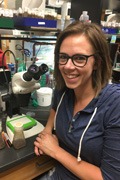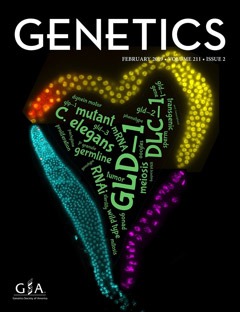Science Communication Resources
The following resources have been compiled by the Communication & Outreach subcommittee.
Why do scientific outreach?
Science is about generating and sharing new knowledge. It is motivated by real-life needs and goes a long way in finding solutions to everyday problems. However, how can science start helping society if what happens in research facilities remains a secret? Even worse, unclear messages lead to misunderstandings which affect the public’s confidence in science.
Therefore, as scientists, it is critical that we engage in outreach activities. This is how we can help others form a clearer view of the most recent advances or new discoveries which are relevant to their everyday lives. In turn, this helps people make more informed decisions on myriad subjects, including their daily groceries, the understanding of common diseases, or the development of new government policies and regulations.
What kind of outreach can scientists do?
Scientific outreach can come in many forms. For example, there are many organizations that host local activities with local audiences in schools or in universities. This is a great way to start because you are familiar with the local problems and the way of thinking in your community, which allows you to reach them better. Specific examples of these activities are science fairs in which we can host scientists who disseminate their research, hands-on science workshops for children, or weekly conferences that disseminate important scientific papers.
Another option is to use technology to reach larger audiences. Social networks and blogs allow for the rapid dissemination of ideas, since we tend to spend so much time online. In turn, this can also help you connect with other scientists interested in doing outreach, enabling you to work together and organize events.
Not sure where to start? The following lists offer some great introductory resources.
Workshops, Conferences & Training Opportunities
Alda Center for Communicating Science
ComSciCon
AAAS Mass Media Science and Communication Fellowship
Art of Science Communication
International outreach opportunities
Skype a scientist
Droso4schools
ScienceClubs (Mexico, Colombia, Bolivia, Peru, Paraguay, Brazil, Spain)
Soapbox Science
Pint of Science
K-12 Outreach
Skype a scientist
Letters to a pre-scientist
DNA Day
4H Programs
Soapbox Science
Droso4schools
Adult Science Outreach
Taste of Science
Pint of Science
Twitter and social media:
Social Media for Scientists
Communicating Science with Social Media
Social Media for Scientists: Tips from ASCB
Twitter and scientists: A love story
How to use twitter as a scientist
Podcasting (& science podcasts):
Science Vs
Radiolab
This Podcast Will Kill You
Got Science?
PhDrinking
LatinoLabs
How to start a podcast: guide
Lessons learned from making a science podcast
Starting your podcast: A guide for scientists
Science Writing:
Club SciWri
NPR Scicommers
Science Trends
Massive Science
The Conversation
Frontiers in Young Minds
Resources from workshop participants:
Women in Science, Brazil
Genomics Education Partnership
Ecotoxsan, Spanish
Brazilian virologist and scicommer
Art the Science
German scicomm blog (Das Gen der Woche)
Science Communication Masters Program, Laurentian University
Stanford at the Tech
Engage Science
Evaluating Science Communication article
Public Understanding of Science journal
Science Communication journal
Science Club
Curious Science Writers
Science Communication blog example for undergrads
#SciEngage webinar AAAS
ReproducibiliTea Journal Club
Next Gen PhD book
Coursera: Speak so that people will listen.
Decoding Life
Genes to Genomes: Education
XKCD: Coronavirus name comic



